How to Minimize Your Impact in the Caribbean’s Grenadines
When visiting the breathtaking region of the Grenadines in the Caribbean, it's essential to be mindful of your environmental impact to preserve the natural beauty and delicate ecosystem of this paradise. By adopting sustainable practices and making conscious choices, you can minimize your footprint and contribute to the conservation efforts in the area.
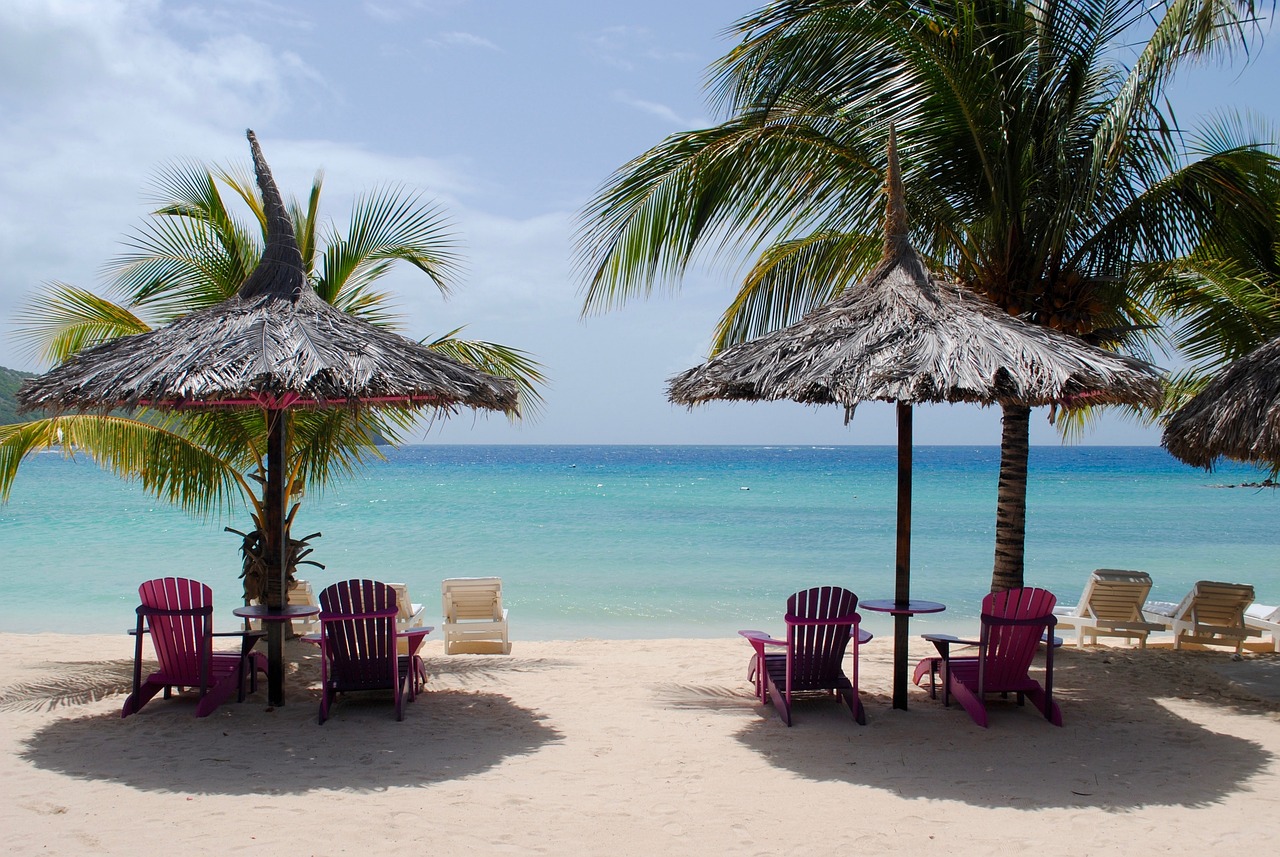
Responsible Waste Management
When exploring the breathtaking region of the Grenadines, it is crucial to prioritize responsible waste management to preserve the natural beauty of the area and protect marine life. Proper disposal of trash is essential to prevent pollution and maintain the pristine environment that makes the Grenadines so special. Visitors should always dispose of their waste in designated bins and follow recycling guidelines to minimize their impact on the delicate ecosystem.
Additionally, reducing single-use plastics and opting for reusable alternatives can significantly decrease the amount of waste generated during your stay in the Grenadines. By choosing eco-friendly products and packaging, visitors can help minimize the environmental footprint of their trip and contribute to a cleaner, healthier environment for all.
Supporting local initiatives focused on waste management and recycling is another impactful way to make a difference during your visit to the Grenadines. By participating in beach clean-ups or supporting organizations dedicated to environmental conservation, visitors can actively contribute to the preservation of this stunning region for future generations to enjoy.
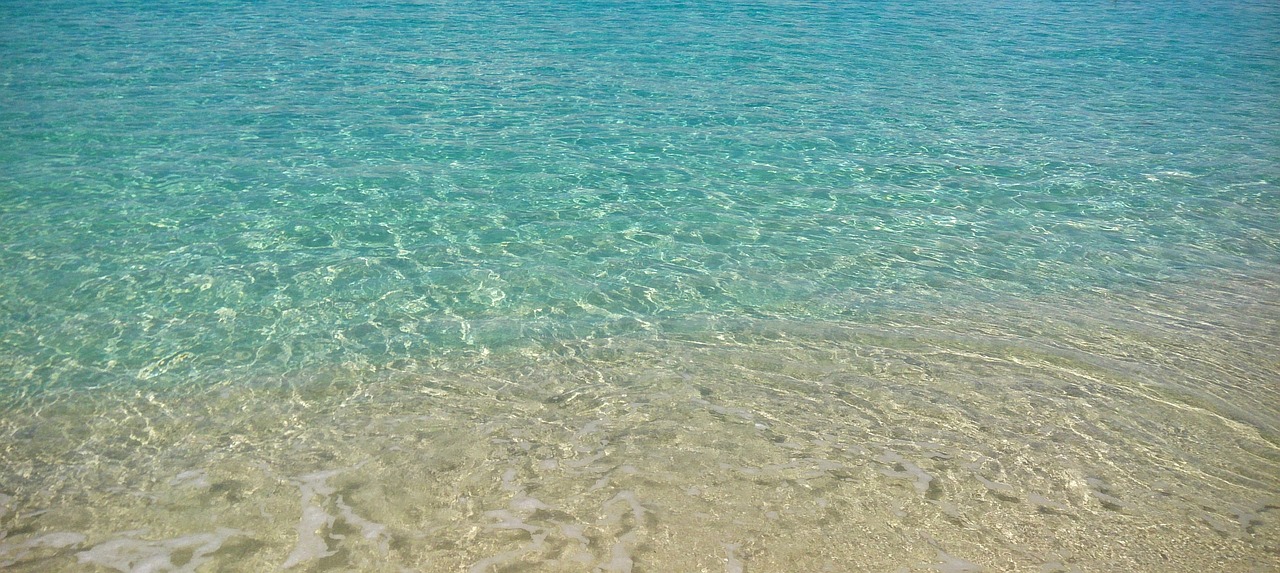
Conserving Water Resources
Visiting the breathtaking region of the Grenadines comes with a responsibility to preserve its natural beauty and support sustainable practices. Here are some tips and strategies to help visitors reduce their environmental footprint while exploring this stunning destination.
Conserving water is crucial in the Caribbean, where this precious resource is limited. By adopting simple techniques, you can support sustainable practices and reduce your environmental impact. One effective method is to install water-saving devices such as low-flow faucets and showerheads. Additionally, being mindful of water usage, such as turning off the tap while brushing teeth or using a broom instead of a hose for cleaning, can significantly reduce water consumption.
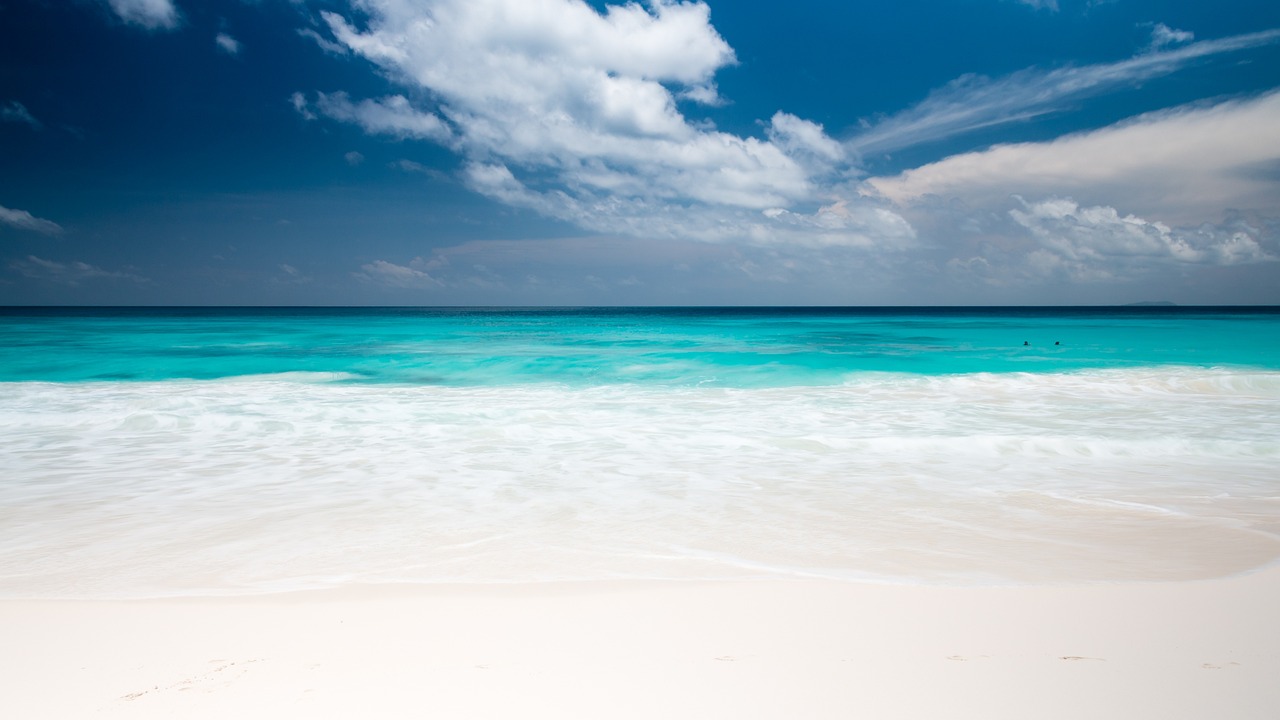
Supporting Local Communities
Exploring the stunning region of the Grenadines is a dream come true for many travelers. The crystal-clear waters, lush landscapes, and vibrant marine life offer a paradise-like experience. However, with great beauty comes great responsibility. It is essential for visitors to be mindful of their environmental impact and strive to minimize it during their stay. Here are some tips and strategies to help you reduce your footprint and contribute to the preservation of this exquisite destination.
When visiting the Grenadines, one of the most impactful ways to contribute positively is by supporting local communities. Engaging with the local population not only enriches your travel experience but also helps in promoting cultural exchange and sustainable tourism practices. By purchasing goods and services from local vendors, you directly support the livelihood of the community members. Additionally, participating in community events or volunteering for local initiatives can create a lasting positive impact on the region.
It is also crucial to respect the customs and traditions of the local communities. Learning about the history and heritage of the Grenadines can deepen your connection to the place and foster a sense of appreciation for the local way of life. By engaging with residents in a respectful and meaningful manner, you contribute to the preservation of their culture and promote sustainable tourism practices.
Furthermore, supporting local businesses and artisans can help in boosting the economy of the Grenadines. Whether you choose to purchase handmade crafts, dine at local restaurants, or book tours with local guides, your contributions directly benefit the community. By prioritizing local businesses over large corporations, you ensure that the economic benefits of tourism are distributed more equitably among the residents.
Overall, supporting local communities in the Grenadines is not only a way to give back to the place that has welcomed you but also a means to create a positive and lasting impact on the region. By engaging with the local population, respecting their culture, and supporting their businesses, you contribute to the sustainability and well-being of the communities in the Grenadines.
1. How can I find eco-friendly accommodations in the Grenadines?
2. What are some conservation initiatives in the region that I can support?
3. Are there any guided tours that focus on sustainable practices in the Grenadines?
4. How can I learn more about the marine life and ecosystems of the Grenadines?

Choosing Eco-Friendly Accommodations
When it comes to selecting accommodations in the picturesque Grenadines, choosing eco-friendly options can significantly reduce your environmental impact and contribute to sustainable tourism practices. Eco-friendly accommodations prioritize sustainability and strive to minimize negative effects on the surrounding environment.
These establishments often implement energy-efficient practices, such as using renewable energy sources like solar power or wind energy. By staying at eco-friendly accommodations, you can support businesses that are dedicated to environmental conservation and reducing their carbon footprint.
Additionally, eco-friendly lodgings may have water-saving initiatives in place, such as low-flow faucets and showers, as well as recycling programs for waste management. Choosing such accommodations not only benefits the environment but also promotes sustainable living practices during your stay in the Grenadines.
Before booking your stay, consider researching and selecting accommodations that have obtained eco-certifications or are members of sustainable tourism organizations. These certifications indicate a commitment to environmental stewardship and responsible tourism practices.
By opting for eco-friendly accommodations, you can enjoy your visit to the Grenadines while minimizing your ecological footprint and supporting businesses that prioritize environmental sustainability.

Respecting Marine Life
When it comes to exploring the stunning marine ecosystems of the Grenadines, it is crucial to approach the experience with a mindset of respect and responsibility. goes beyond simply enjoying the beauty of the underwater world; it involves taking active steps to minimize our impact and protect the delicate balance of aquatic habitats.
One of the key aspects of respecting marine life is to practice responsible snorkeling and diving. This means avoiding touching or disturbing marine creatures and corals, as even a small amount of contact can have detrimental effects on their health. By maintaining a safe distance and observing marine life from afar, visitors can appreciate the beauty of the underwater world without causing harm.
Additionally, it is essential to follow local guidelines and regulations when engaging in water activities in the Grenadines. These rules are in place to protect marine life and ensure sustainable tourism practices. By adhering to these regulations, visitors can play a role in preserving the marine environment for future generations to enjoy.
Another way to show respect for marine life is to avoid littering both on land and in the water. Marine animals can easily mistake trash for food, leading to ingestion and entanglement issues. Properly disposing of waste and participating in beach clean-up efforts can help safeguard the marine ecosystem and prevent harm to its inhabitants.
Furthermore, choosing reef-safe sunscreen products is essential for protecting coral reefs from harmful chemicals. Certain ingredients found in traditional sunscreens can contribute to coral bleaching and disrupt the fragile marine ecosystem. Opting for environmentally friendly sunscreen options can help minimize the impact on marine life while still enjoying the sun responsibly.
By incorporating these practices into your exploration of the Grenadines, you can demonstrate a genuine commitment to responsible tourism and contribute to the preservation of the region's marine biodiversity. Remember, every small action counts when it comes to respecting and protecting the marine life that makes the Grenadines so unique and vibrant.
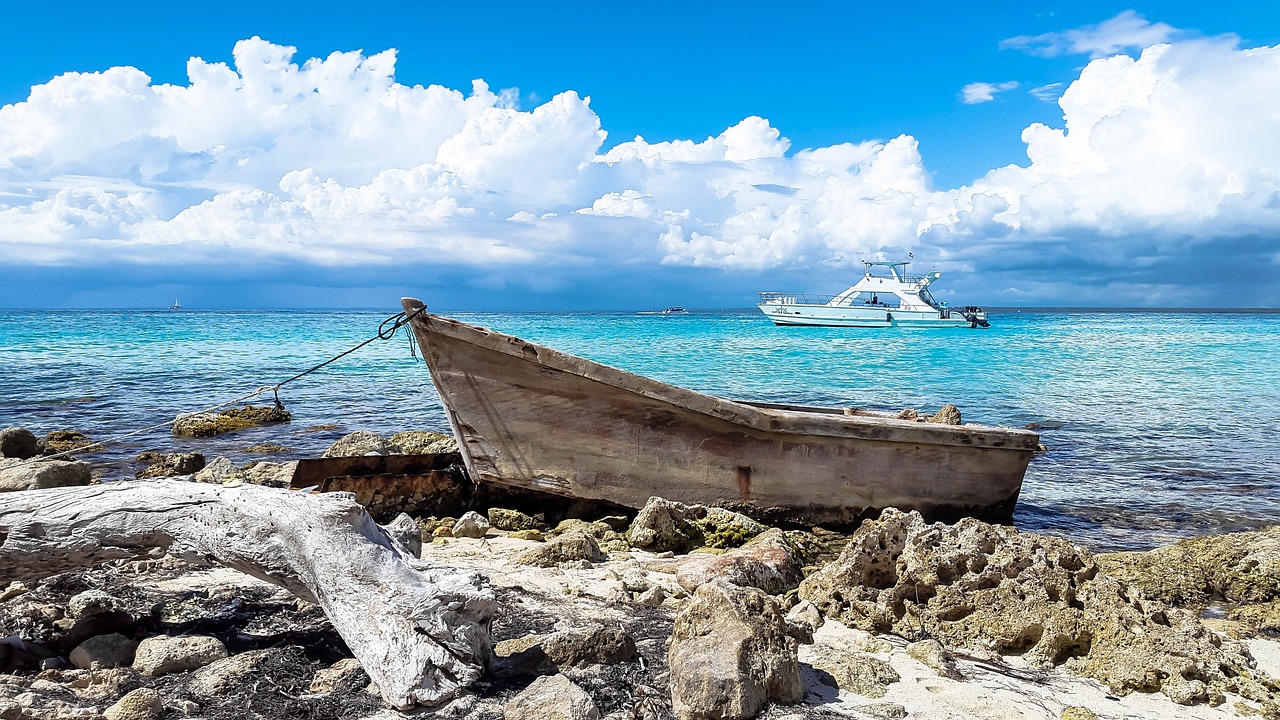
Exploring by Sustainable Transportation
When exploring the picturesque region of the Grenadines, opting for sustainable transportation methods can significantly reduce your environmental impact. By choosing eco-friendly modes of travel, such as sailing, biking, or using electric vehicles, visitors can minimize carbon emissions and contribute to the preservation of this stunning destination's natural beauty. Imagine gliding through the crystal-clear waters on a sailboat, feeling the gentle breeze while leaving behind a minimal footprint on the environment. It's not just about reaching your destination; it's about the journey itself and the positive impact you can make along the way.

Supporting Conservation Efforts
Supporting conservation efforts in the Grenadines is crucial for preserving the unique biodiversity and natural beauty of this region. By actively engaging with local conservation initiatives and organizations, visitors can contribute to the protection of marine life, ecosystems, and endangered species that call the Grenadines home. Supporting these efforts not only helps safeguard the environment but also ensures that future generations can continue to enjoy the stunning landscapes and rich wildlife of this Caribbean paradise.
One way to support conservation efforts in the Grenadines is by participating in volunteer programs organized by local conservation organizations. These programs often involve activities such as beach clean-ups, coral reef monitoring, and habitat restoration projects. By lending a helping hand, visitors can directly contribute to the preservation of the Grenadines' natural resources and make a positive impact on the local environment.
Another way to support conservation in the Grenadines is by making donations to reputable conservation organizations working in the region. These donations can help fund important research projects, conservation initiatives, and community outreach programs aimed at protecting the unique ecosystems and wildlife of the Grenadines. By giving back to these organizations, visitors can play a vital role in safeguarding the natural heritage of this pristine destination.
Furthermore, raising awareness about conservation issues in the Grenadines is key to garnering support for environmental protection efforts. By sharing information about the importance of preserving marine life, reducing plastic pollution, and combating climate change, visitors can inspire others to take action and support conservation initiatives in the region. Education and awareness are powerful tools in promoting sustainable practices and fostering a culture of environmental stewardship in the Grenadines.
In addition to direct involvement in conservation activities, visitors can also choose to patronize eco-friendly businesses that prioritize sustainability and environmental stewardship. By supporting hotels, restaurants, and tour operators that follow eco-friendly practices and support conservation efforts, visitors can contribute to the overall sustainability of the tourism industry in the Grenadines. Making conscious choices as consumers can have a significant impact on reducing the negative environmental footprint of tourism in the region.
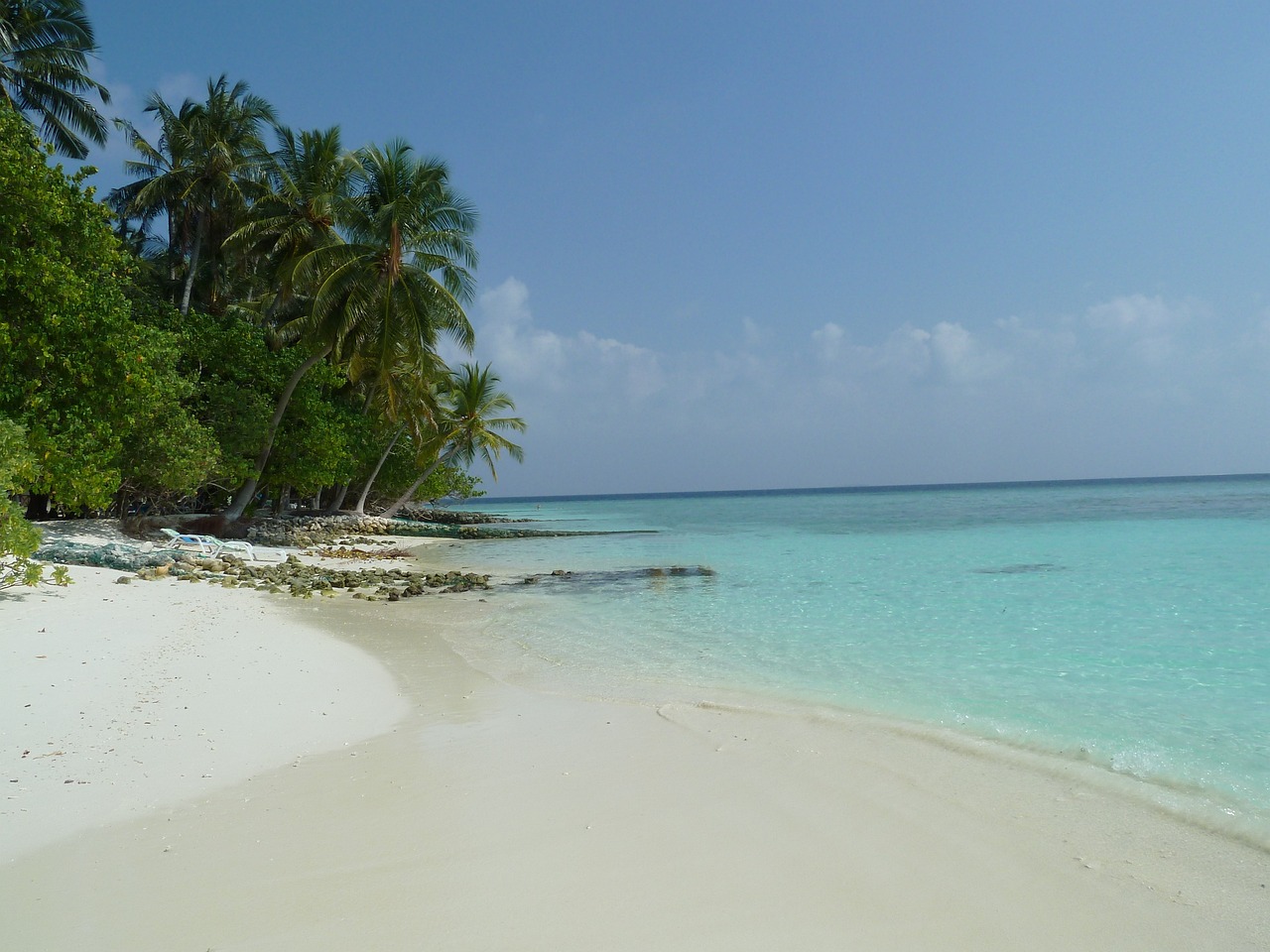
Education and Awareness
Education and awareness play a crucial role in fostering a deeper appreciation for the delicate ecosystem of the Grenadines. By understanding the unique flora and fauna of the region, visitors can make more informed choices to minimize their environmental impact. Learning about the marine life, coral reefs, and endangered species that call the Grenadines home can inspire a sense of responsibility towards preserving these natural wonders for future generations.
Engaging in educational activities, such as guided nature walks, eco-tours, or visits to local conservation centers, can provide valuable insights into the environmental challenges facing the Grenadines. By immersing oneself in the local environment and learning from knowledgeable guides and experts, visitors can gain a deeper understanding of the importance of conservation efforts and sustainable practices.
Furthermore, raising awareness among fellow travelers about the fragility of the Grenadines' ecosystem can have a ripple effect in promoting responsible tourism practices. Sharing knowledge about the significance of preserving natural habitats, reducing waste, and respecting wildlife can help create a community of environmentally conscious visitors committed to minimizing their impact on this pristine destination.
Frequently Asked Questions
- What are some tips for responsible waste management in the Grenadines?
Proper waste disposal is crucial in the Grenadines to preserve its natural beauty and protect marine life. Visitors should make use of designated trash bins, recycle whenever possible, and avoid littering on land and in the water.
- How can I support local communities during my visit to the Grenadines?
Engaging with local communities through cultural experiences, purchasing goods and services from local vendors, and participating in community initiatives are great ways to support the livelihoods of residents and contribute positively to the region.
- Why is conserving water important in the Caribbean, and what can visitors do to help?
Water conservation is essential in the Caribbean due to its limited freshwater resources. Visitors can reduce water usage by taking shorter showers, reusing towels, and reporting any leaks in accommodations to help preserve this precious resource.
- How can I minimize my impact on marine life while snorkeling and diving in the Grenadines?
Responsible snorkeling and diving practices include avoiding touching or disturbing marine animals, refraining from feeding them, and never removing coral or shells from the ocean floor. By following these guidelines, visitors can help protect the delicate marine ecosystems.
- What are some eco-friendly transportation options for exploring the Grenadines?
Opting for sustainable transportation modes such as sailing, biking, or using electric vehicles not only reduces carbon emissions but also allows visitors to immerse themselves in the natural beauty of the region while minimizing their environmental impact.



















